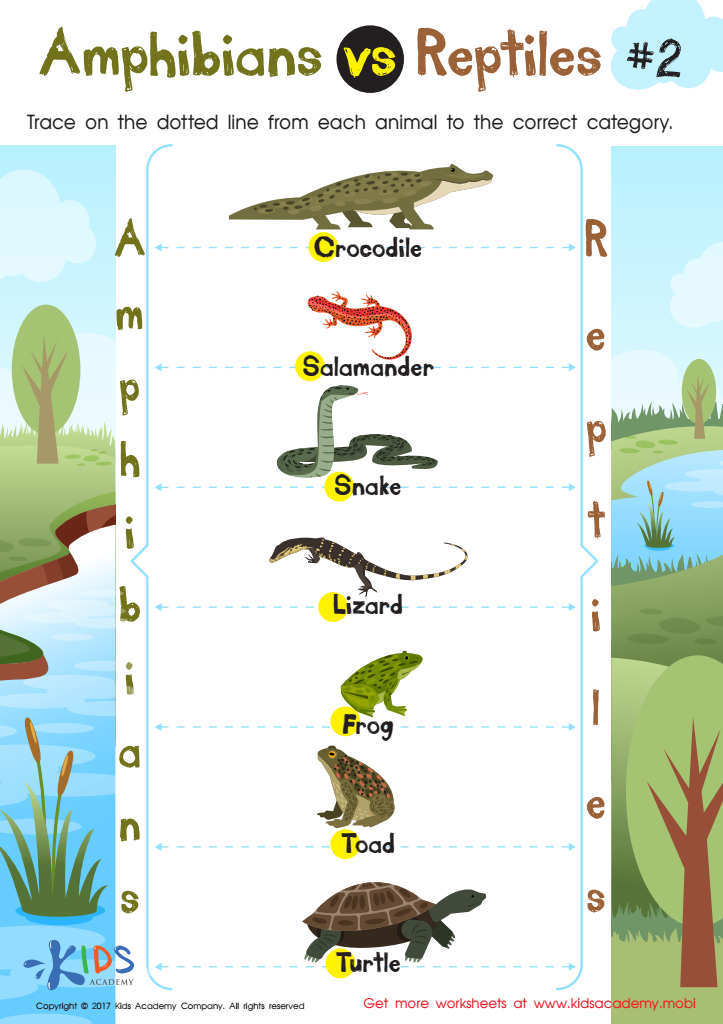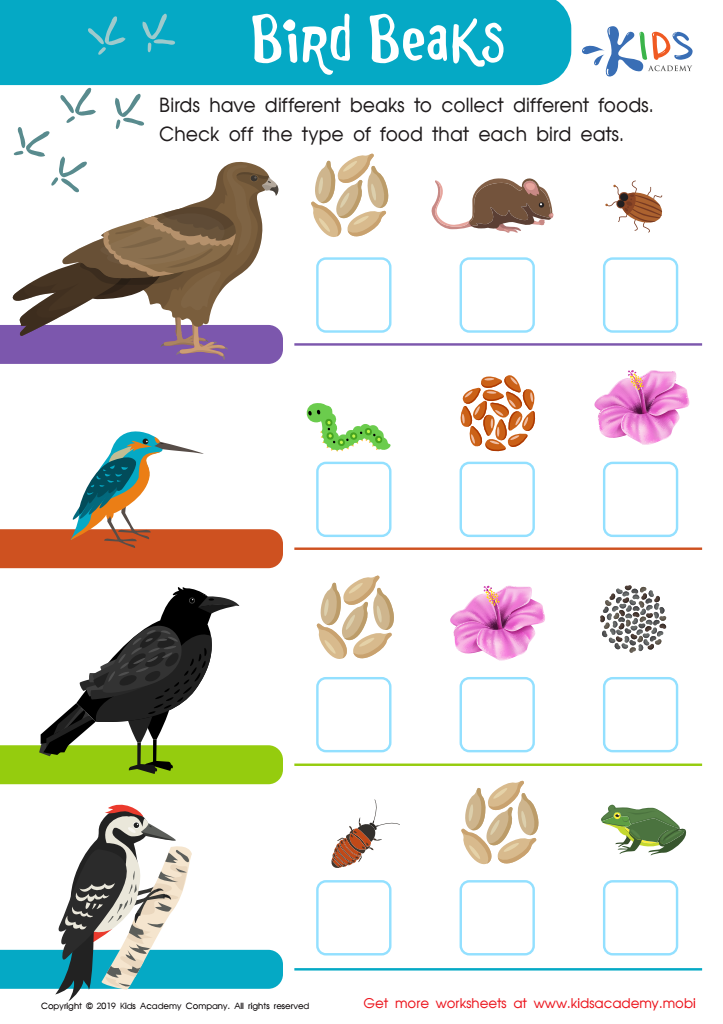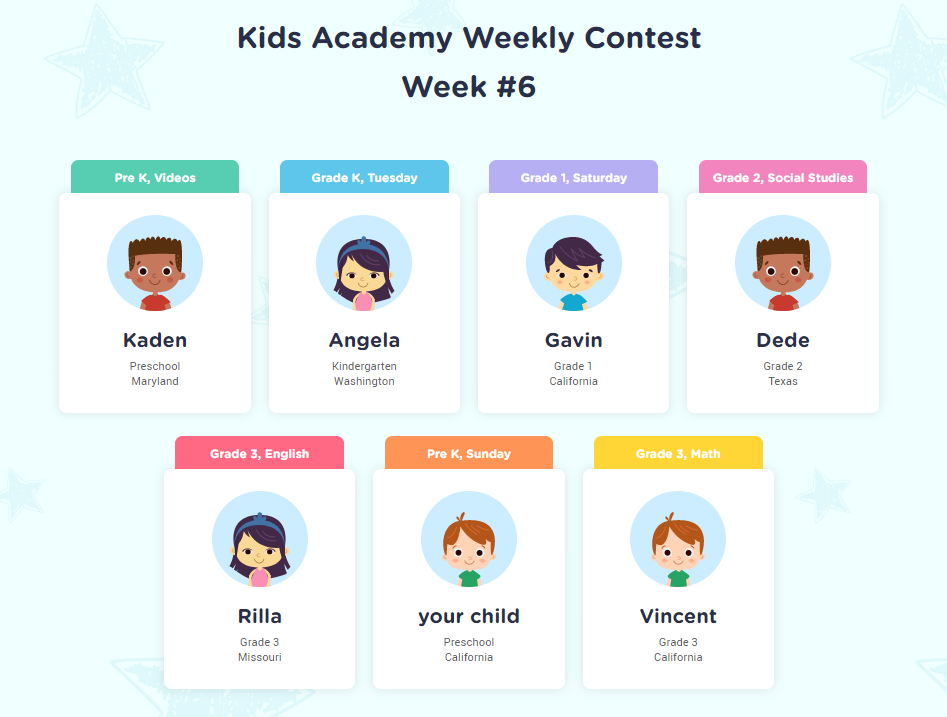Classification skills Normal Science Worksheets for Ages 3-9
5 filtered results
-
From - To
Enhance your child's learning journey with our "Classification Skills Normal Science Worksheets" designed for ages 3-9. These engaging worksheets help young learners develop essential classification skills as they explore the world around them. With fun and interactive activities,children will sort, categorize, and identify various objects and living things, fostering critical thinking and observation abilities. The colorful and illustrated formats make learning enjoyable and accessible. Perfect for classroom use or homeschooling, these worksheets provide a solid foundation in science and promote cognitive development. Equip your child with essential skills and spark their curiosity about nature with our thoughtfully crafted resources!


Matter: Assessment 1 Worksheet


Amphibians vs Reptiles Worksheet for 3rd Grade


Bird Beaks Worksheet


Animals and Plants: Assessment 2 Worksheet


Space: Assessment 2 Worksheet
Classification skills are essential for children aged 3-9 as they lay the groundwork for critical thinking, problem-solving, and a deeper understanding of the world around them. Learning to classify involves grouping objects based on shared characteristics, which cultivates a keen awareness of similarities and differences. This exercise enhances cognitive development, helping children organize their thoughts and expand their vocabulary.
Parents and teachers should prioritize classification skills because they contribute significantly to early science literacy. Science is fundamentally about understanding relationships and patterns in nature—skills that classification directly fosters. For example, when children group animals by habitat, they not only learn about those animals but also develop an interest in biology.
Moreover, strong classification skills can enhance a child's ability to engage in more complex scientific concepts later, such as ecosystems and taxonomy. Furthermore, these skills bolster social-emotional development by promoting teamwork and communication when children collaborate in sorting activities. encouraging these skills thus enriches their learning experience and helps them cultivate a lifelong love for inquiry and exploration. By supporting the development of classification skills, parents and teachers play a crucial role in shaping inquisitive, knowledgeable, and well-rounded individuals.
 Assign to My Students
Assign to My Students















